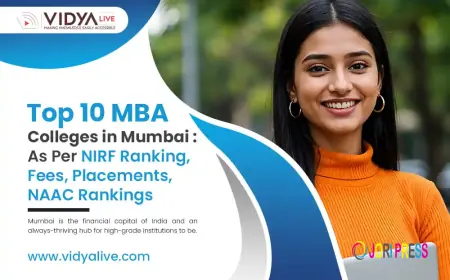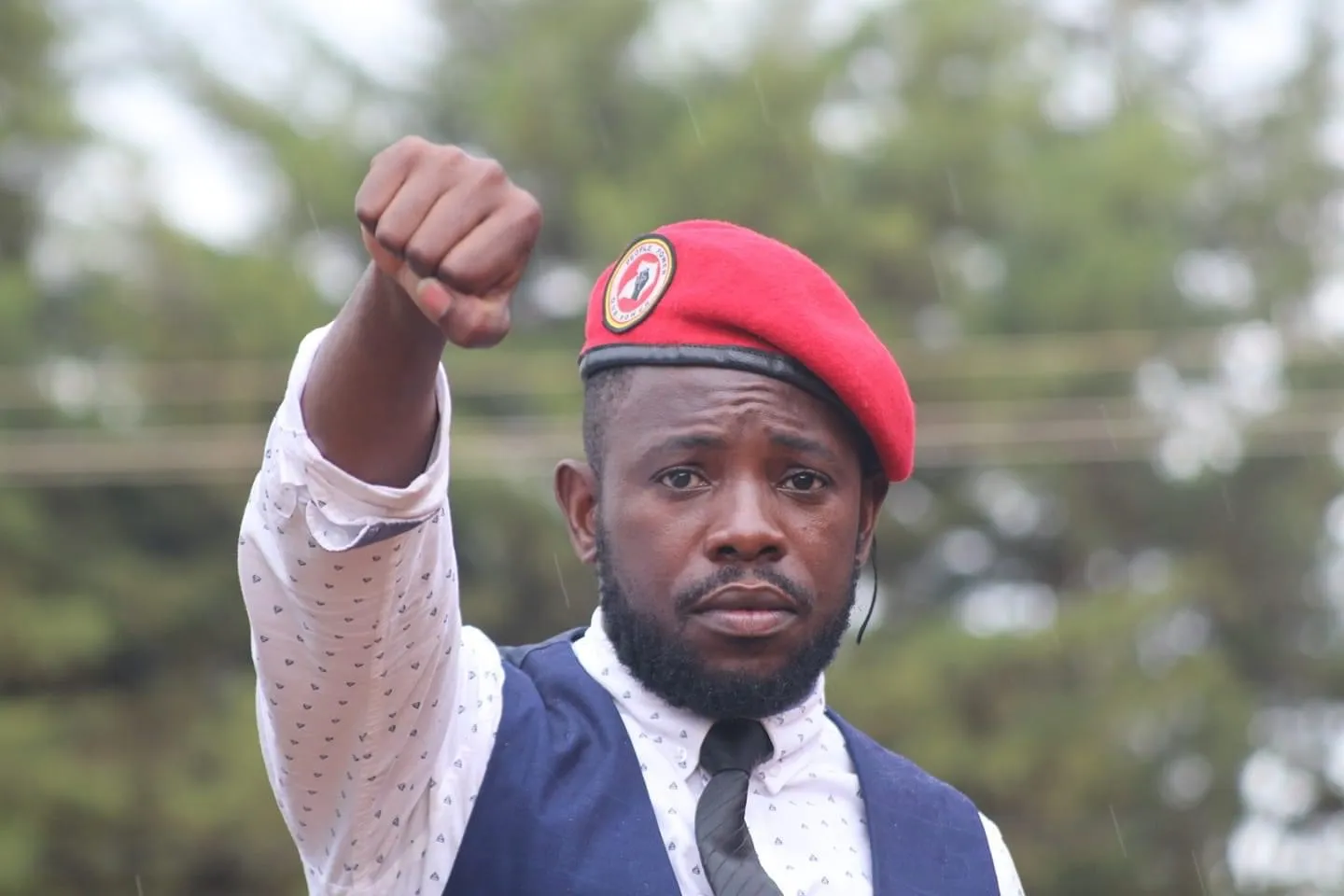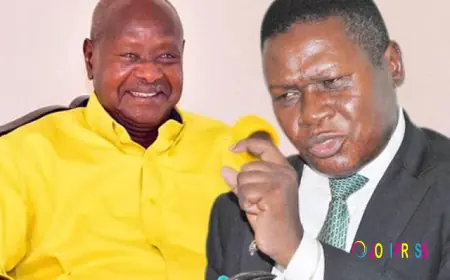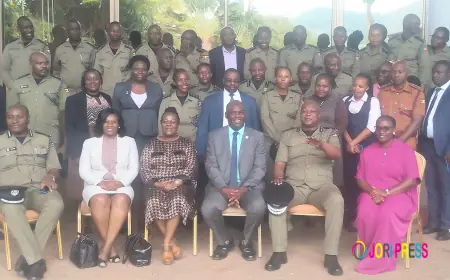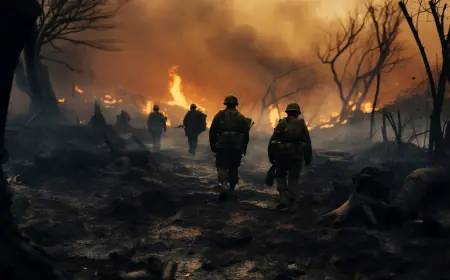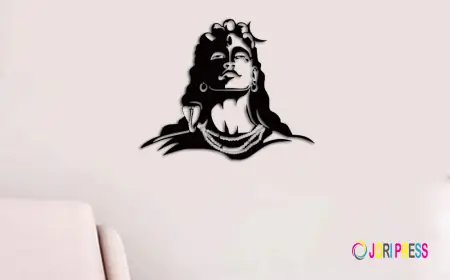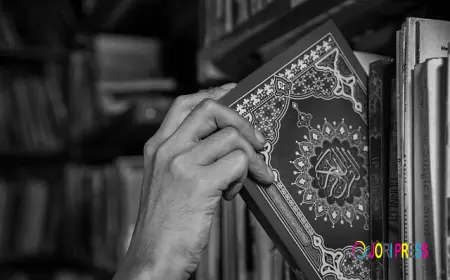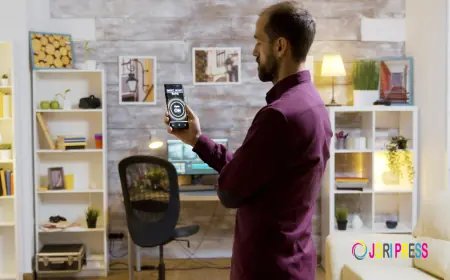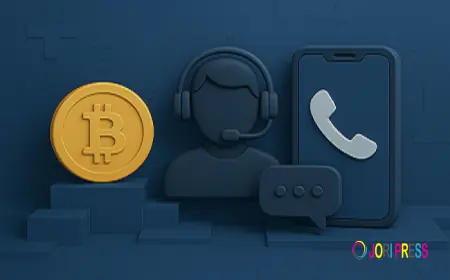The republic of an individual



My boys from Nyamiyaga came to town and wanted to really appreciate Kampala and my grumblings about; traffic, pollution, potholes, flooding, dust, noise, disorganisation etc.
They even got interested in digital cobwebs. But they also admired the things they can’t afford; upscale Kololo, the Toyota Landcruiser 2024. It’s driven by the chosen few. Capitalism. Hegemony. Connections. Preservation.
So, I drove them along Katalima road, Naguru. Just a few metres ahead, a truck driver stopped right in the middle of the lane to buy roasted maize from women selling in the road reserve.
Within minutes, traffic built up. Commuters hooted and Uganda’s tameless boda-boda riders squeezed through the narrow spaces and moved on as usual. The driver finished his purchase, climbed his truck and eventually drove off.
The Nyamiyaga boys were perplexed and called on all their slangs and curses. Now this incident appears small, but it says something larger about the state of our society: the convenience of one person often outweighing the inconvenience of many.
Across Uganda, examples abound of individuals who, knowingly or unknowingly, act in ways that overpower the public interest. A landlord, a fuel station owner, or a mall owner may refuse to accept road compensation for land needed to construct a public road.
The entire project stalls, affecting thousands of people. A developer may erect buildings on wetlands or drainage channels. A nightclub owner and an overnight may have music at deafening volumes all night.
Traders occupy road reserves with stalls. From the untouchable to the touchable; each individual has become king in their own way. Isn’t this the freedom we wanted? Individually, these actions might appear small, even ordinary.
But they show how personal interests have come to override the common good. When individuals are allowed to override these goods, society loses efficiency, safety, and fairness. The challenge is not that individuals have rights they should.
The challenge arises when personal rights are exercised without regard for public responsibility. How did we come to this far? Regulations exist but inconsistent. Ugandans are patient and accommodating people.
Many will say “let him be” instead of confronting wrong behaviour. Certain individuals can act outside the law. Some people simply do not understand the impact of their individual actions on the public. To them, buying maize from a roadside vendor or parking on the pavement looks harmless.
They have been raised or have grown to be this way. Loss of conscience discipline. Is mechanical discipline needed? Property owners illegally extend their fences into road reserves. Internet service providers swing their cables and sticks everywhere creating cobwebs around our towns.
Roadside markets emerge without planning. Individuals use destructive fishing gear. All these are signs of individuals prioritising private gain over collective benefit. If individuals are becoming more powerful than the public, then the solution lies in strengthening public institutions, redesigning policies, and rebuilding a sense of shared responsibility.
Several steps can help: strengthen enforcement consistently, reclaim public spaces. But didn’t they sing, ‘Tugambire ku Jennifer akendeze obukambwe.’ Communities should be sensitised to understand how individual behaviour affects collective welfare.
Civic education campaigns in schools, media, and the community. These are the basics that should be passed on to our children. Not buying them smartphones and taking them on study tours of things they can’t comprehend and in shopping malls.
Where land is required for public projects, citizens should act favourably for the interests of the public. Let me throw this here. Why shouldn’t all land be owned by government? An individual owning a resource that’s been here and will always be here forever after them?
Perhaps this can reduce resistance and help balance personal rights with the public good. Citizens need to internalise the principle that their freedom ends where another person’s freedom begins. It is not about denying individuals their freedoms.
They are inalienable. It is about recognising that public welfare creates the foundation on which personal welfare can grow. Every day, Ugandans make choices that place personal convenience above the public good.
As a country, we must shift the balance back towards the public. Through regulations. Through functional institutions. It is not obukambwe. Fair policies and civic responsibility.
We can ensure that individual rights are respected without undermining collective progress. Preserving and fostering our human and economic development comes not when individuals overpower the public, but when individuals and the public move forward together like traffic flowing freely, no potholes, not roads narrowed because the owner of a certain land refused a compensation. And of course, not stuck behind a lorry and a cob of maize.
The author is a concerned citizen.
What's Your Reaction?
 Like
0
Like
0
 Dislike
0
Dislike
0
 Love
0
Love
0
 Funny
0
Funny
0
 Angry
0
Angry
0
 Sad
0
Sad
0
 Wow
0
Wow
0



